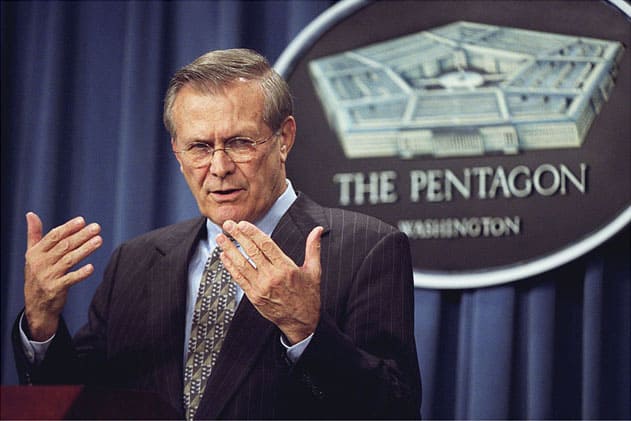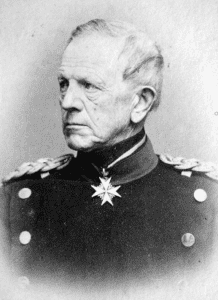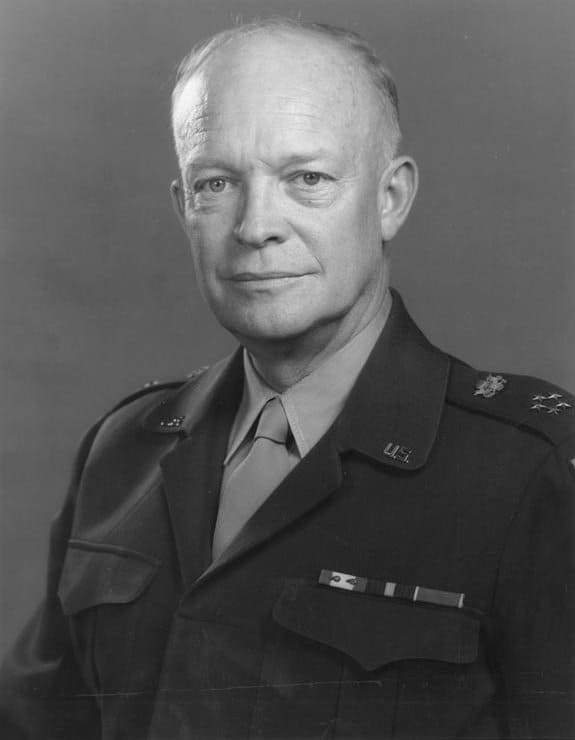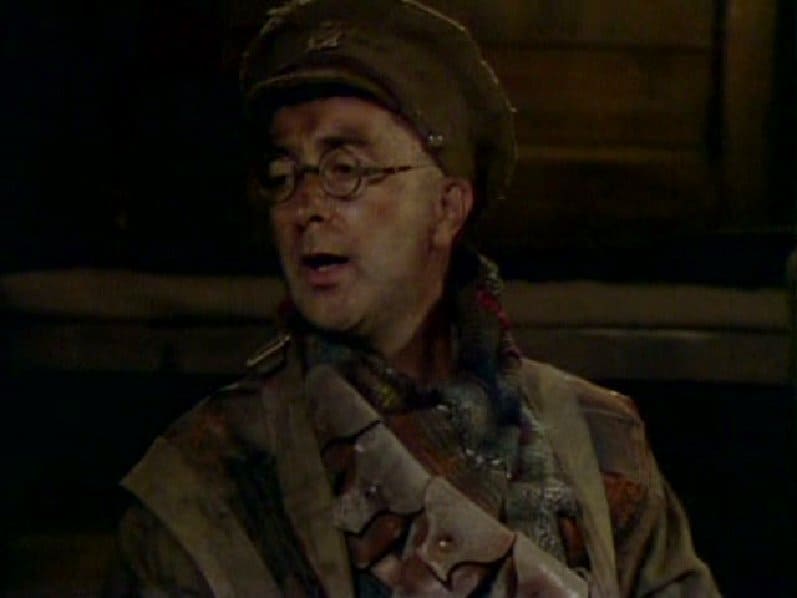
Donald Rumsfeld was an American politician and businessman who served as Secretary of Defense in the Gerald Ford and George W. Bush administrations. Although not the originator of the concepts – known knowns, known unknowns and unknown unknowns – he brought this to popular attention.
Reports that say that something hasn’t happened are always interesting to me, because as we know, there are known knowns; there are things we know we know. We also know there are known unknowns; that is to say we know there are some things we do not know. But there are also unknown unknowns – the ones we don’t know we don’t know. And if one looks throughout the history of our country and other free countries, it is the latter category that tend to be the difficult ones.
The ideas are based on the Johari window. The Johari Window model is a simple and useful tool for illustrating and improving self-awareness, and mutual understanding between individuals within a group. The model is based on a 2 x 2 matrix that compares self and others versus known and unknown knowledge. Created by psychologists Joseph Luft and Harrington Ingham in 1955. Luft and Ingham called their Johari Window model ‘Johari’ after combining their first names, Joe and Harry.
For us as project managers, known unknowns refers to risks that we can identify and need to track, and unknown unknowns are those risks which are unforeseeable and which have a habit of blind-siding even the most experienced of us.
Despite being the butt of much humour over the years, Rumsfeld named his autobiography Known and Unknown: A Memoir and in 2013 Errol Morris produced a biographical documentary about Rumsfeld entitled The Unknown Known.



